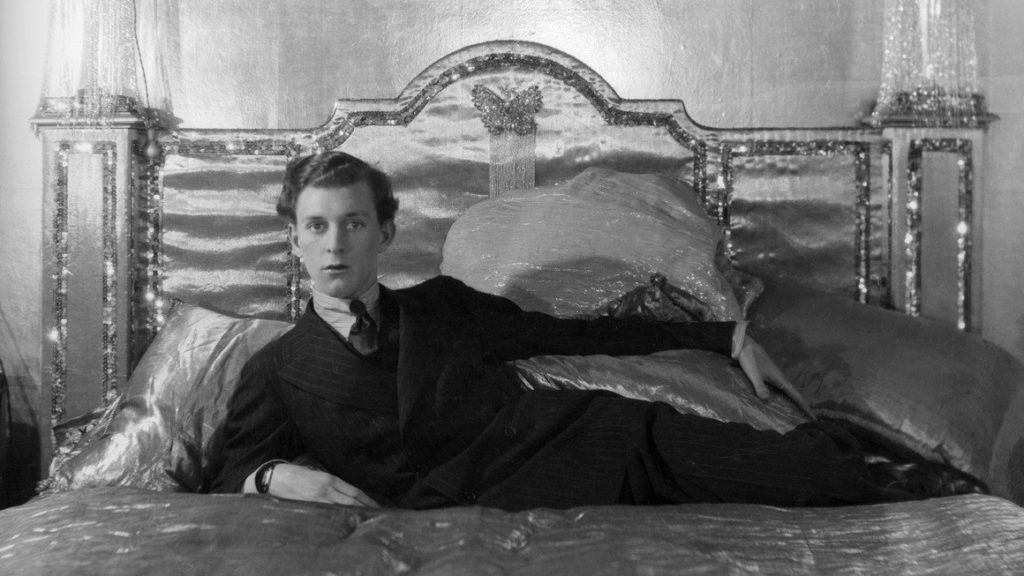We’re away until January 4, but we’re reposting some of our favorite pieces from 2020. Enjoy your holiday!
By the time of its reclusive occupant’s death in 1987, the faux-Elizabethan country manor Wilsford, in Wiltshire near Stonehenge, overflowed with a dusty mishmash of valuable antiques, ephemeral gewgaws, and exotic objets d’art. Outside, ivy shrouded the gables and moss thickened on the roof tiles. In the overgrown gardens stood a myriad of neglected statuary, marble urns, stone columns, and rococo fountains. To disperse it all, Sotheby’s hosted hundreds of potential bidders, over four days, at what they described as an “English eccentric’s dream house.” Said eccentric was Stephen Tennant, who was born at Wilsford in 1906 and died there, aged eighty-one. According to his devoted housekeeper and nurse, Sylvia Blandford, he’d have turned in his grave at the spectacle of his possessions being pawed over and auctioned off piece by piece. But he had left no will. Death was not, perhaps, a notion permitted within Tennant’s elaborate fantasy world, into which he had retreated ever deeper as the decades passed.
Like a fairy-tale character magically granted every conceivable blessing, only to discover those blessings carry a curse, the Honorary Stephen James Napier Tennant began life arrayed with sublime advantage. His father, Sir Edward Tennant, came from a family who owed their vast wealth to a Scottish ancestor’s invention and patenting of bleach powder in 1799. Edward’s blue-blooded wife, Pamela Wyndham, was a socialite who courted the leading artists and writers of the day. Pamela doted on Stephen, her youngest child of five, and encouraged him in his creative pursuits. As he was turning fifteen, she even arranged for his first art exhibition, at a respected London gallery. All the biggest national newspapers covered the event, offering fawning praise of the artist and his work. It must have been intoxicating indeed. And yet, as any former child star will attest, nothing warps one’s sense of self like youthful celebrity.
from The Paris Review https://ift.tt/2WXneLa

Comments
Post a Comment